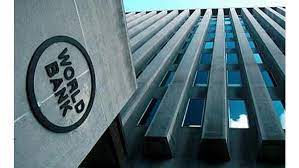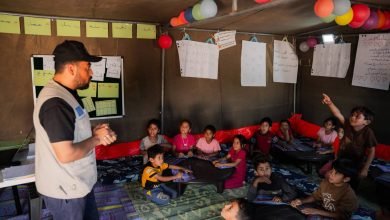
Jordan Daily- The latest World Bank economic report on the Middle East, North Africa, Afghanistan & Pakistan (MENAAP) points to an improved economic outlook for the region, with expected growth reaching 2.8 percent in 2025 and 3.3 percent in 2026. However, global uncertainty, trade policy shifts, and continued conflict and displacement all pose possible risks.
Countries in the Gulf Cooperation Council (GCC) will likely benefit from phasing out voluntary oil production cuts and growth in their non-oil industries. Oil-importing countries are also expected to see economic improvements, thanks to private spending and investments as well as a rebound in agriculture and tourism. However, oil-exporting developing countries may see a significant slowdown because of conflict and reduced oil production.
The report—Jobs and Women: Untapped Talent, Unrealized Growth— also argues that countries in the region could improve more lives by tapping into the full potential of their workforce. Currently, women’s talents and skills remain significantly underutilized. The data show that only about one in five women participate in the labor force—the lowest rate in the world—despite significant gains in education and skills.
“I urge bold action—not partial measures,” said Ousmane Dione, Vice President for the World Bank’s Middle East, North Africa, Afghanistan & Pakistan region in a statement. “To unlock the full potential of women in the region, we must tackle every barrier to their inclusion with comprehensive measures. A vibrant private sector that creates jobs and transforms aspirations is key to real progress.”
Drawing on analysis that considers household choices, social norms, legal rules, and the role of businesses, the report offers estimates of how much MENAAP economies stand to gain by removing the barriers that prevent women from fully participating in the workforce. No other region stands to benefit more from eliminating these constraints.
“Increasing female labor force participation can translate into immense economic gains,” said Roberta Gatti, Chief Economist of the Middle East, North Africa, Afghanistan & Pakistan region. “Removing barriers that prevent women from accessing jobs could boost GDP per capita by 20 to 30 percent in economies like Egypt, Jordan, and Pakistan.”

